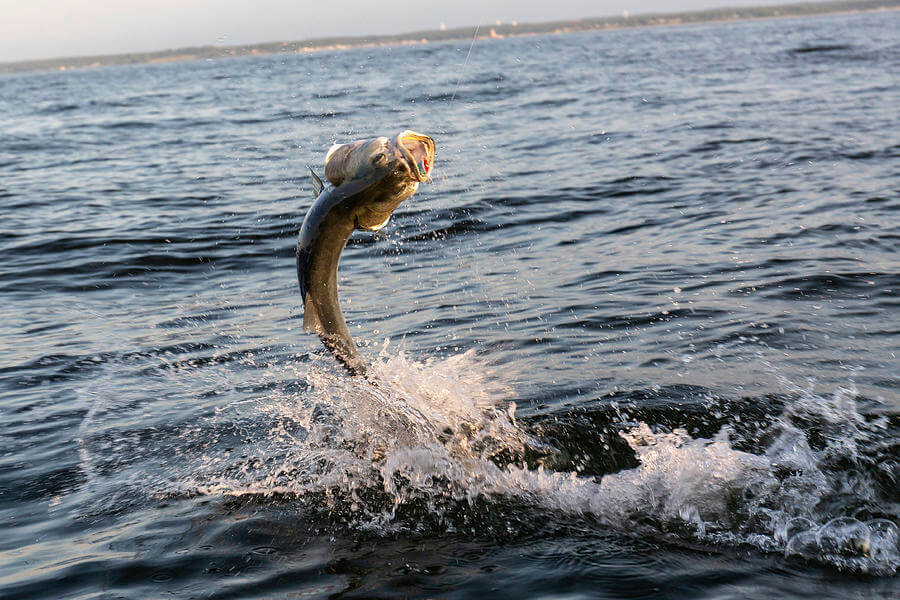
Hey there, fellow anglers! If you’re new to bass fishing, you might have come across the terms “black bass” and “largemouth bass” and wondered, “Are these the same thing?” Well, it’s a common question, and I’m here to clear things up for you.
As a seasoned angler who’s spent countless hours on the water chasing these feisty fish, I can tell you firsthand that understanding the difference between black bass and largemouth bass is crucial. It’ll help you choose the right gear, target the right spots, and ultimately increase your chances of landing that trophy catch.
So, grab your favorite fishing rod, settle in, and let’s dive into the world of black bass and largemouth bass!
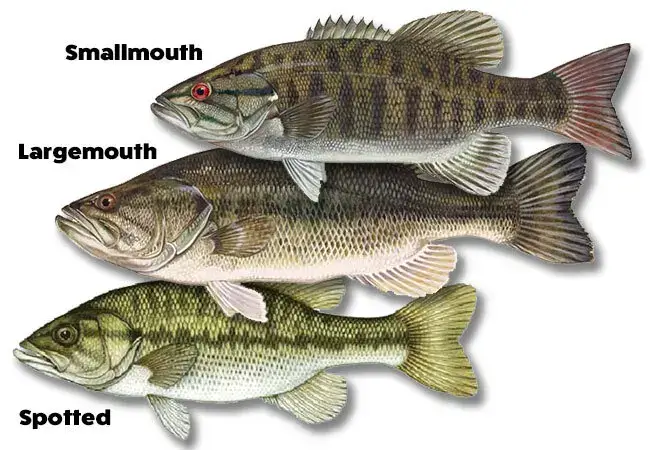
Here’s where things can get a little confusing. “Black bass” isn’t just one fish; it’s a family of fish. Think of it like your family—you’ve got your siblings, cousins, maybe even a few weird uncles. In the black bass family, we’ve got:
So, when someone says “black bass,” they’re referring to the whole family. It’s like saying “I’m going to visit my family” – you could be seeing your parents, siblings, or anyone else related to you.
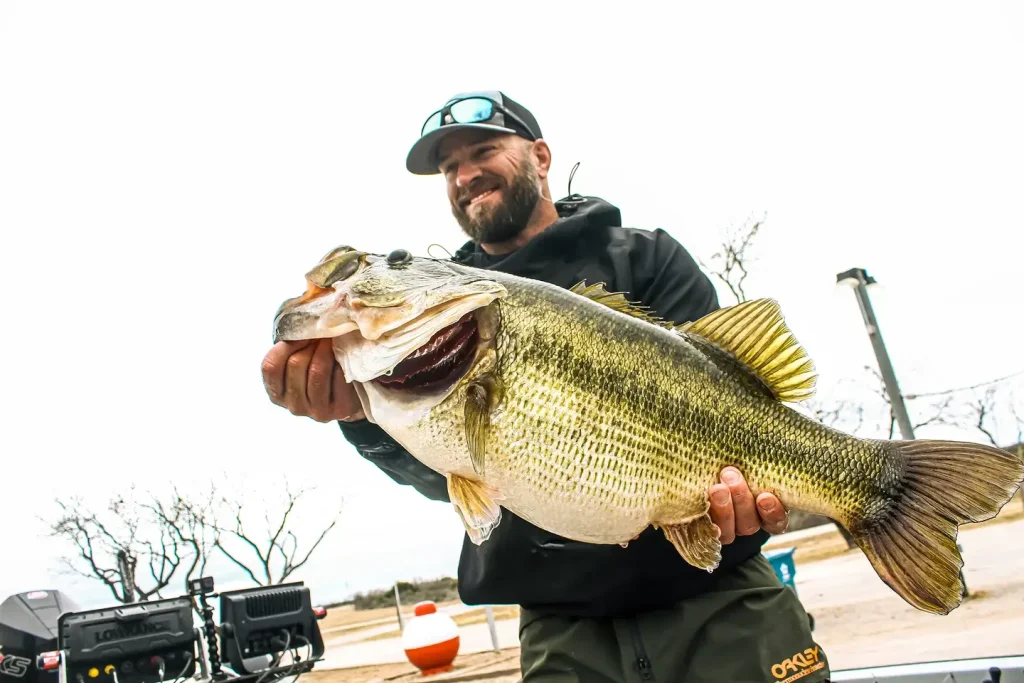
Largemouth bass are the most popular member of the black bass family, and for good reason. These bruisers can grow to impressive sizes, with the world record weighing in at a whopping 22 pounds, 4 ounces! (Caught by George W. Perry in 1932, and it still stands!)
I remember my first largemouth like it was yesterday. I was just a kid fishing with my dad in a small pond near our house. I hooked into this beast of a fish, and the fight was on! My little rod was bent over double, and I could barely hold on. But after what felt like an eternity, I finally reeled that bad boy in. It wasn’t a record-breaker, but it was the biggest fish I’d ever caught, and I was hooked on bass fishing ever since.
Here’s what makes a largemouth stand out:
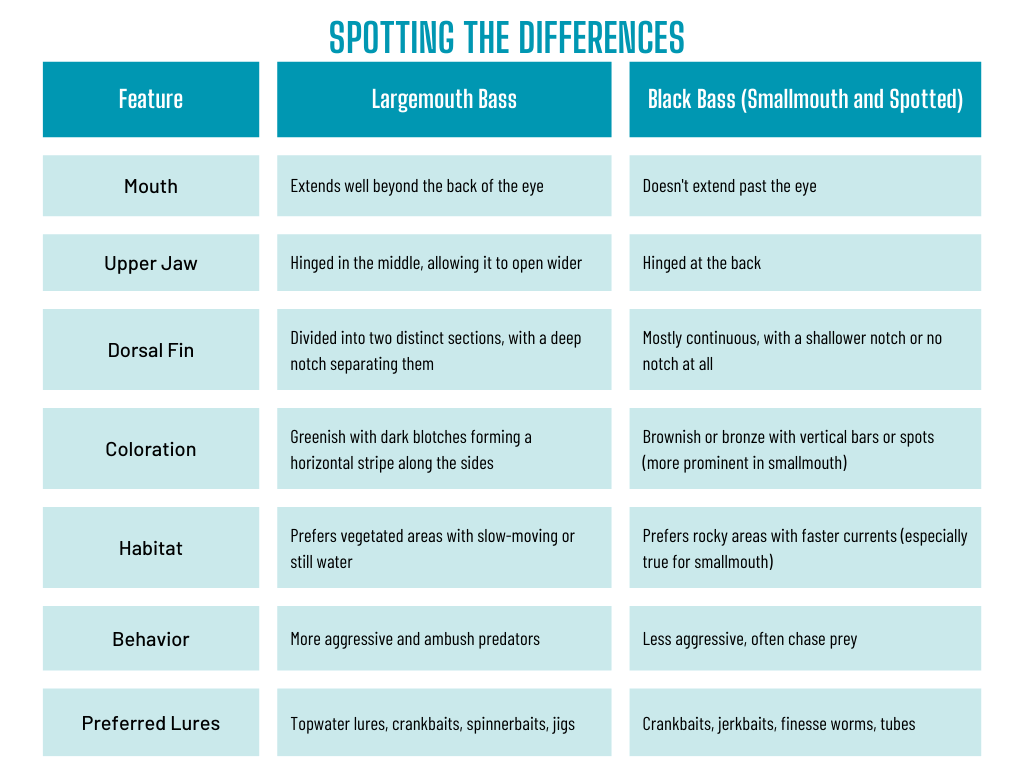
Knowing where each type of bass likes to hang out can significantly improve your chances of success. Here’s a quick rundown:
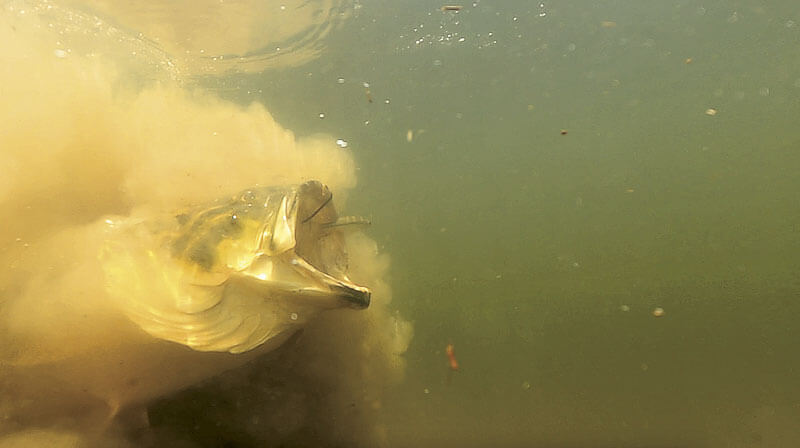
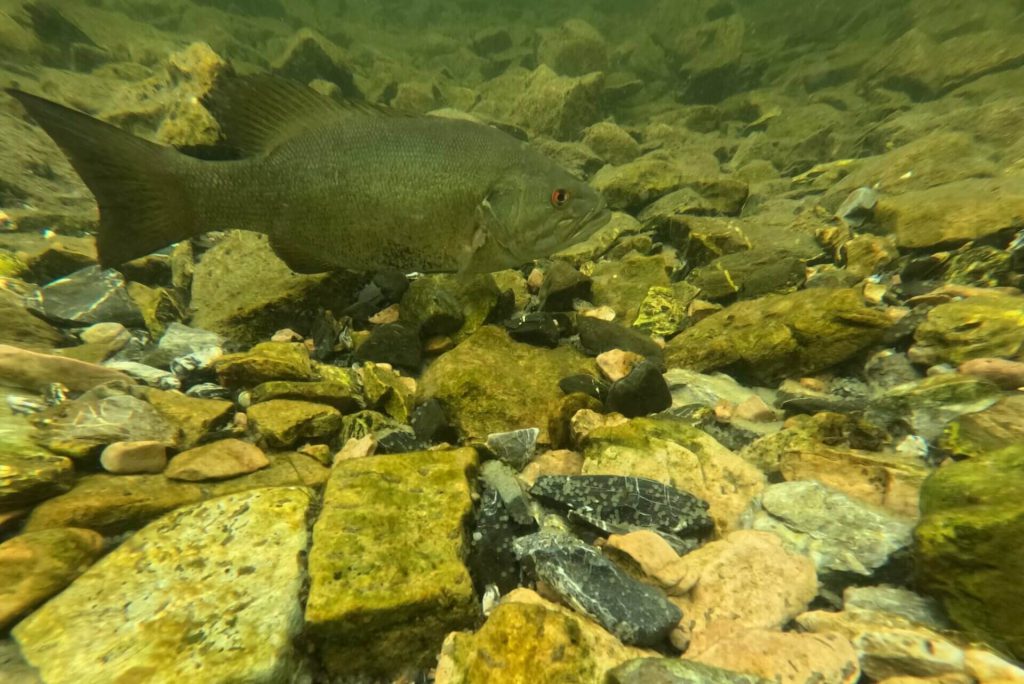

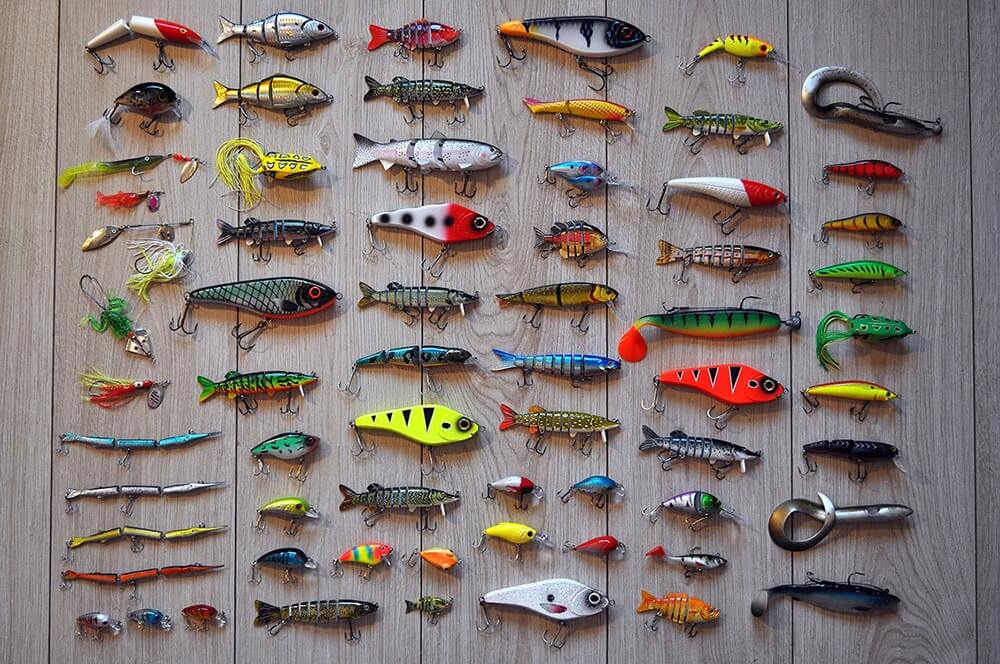
The type of bass you’re targeting can influence your gear choices and fishing techniques. Here’s what you need to know:
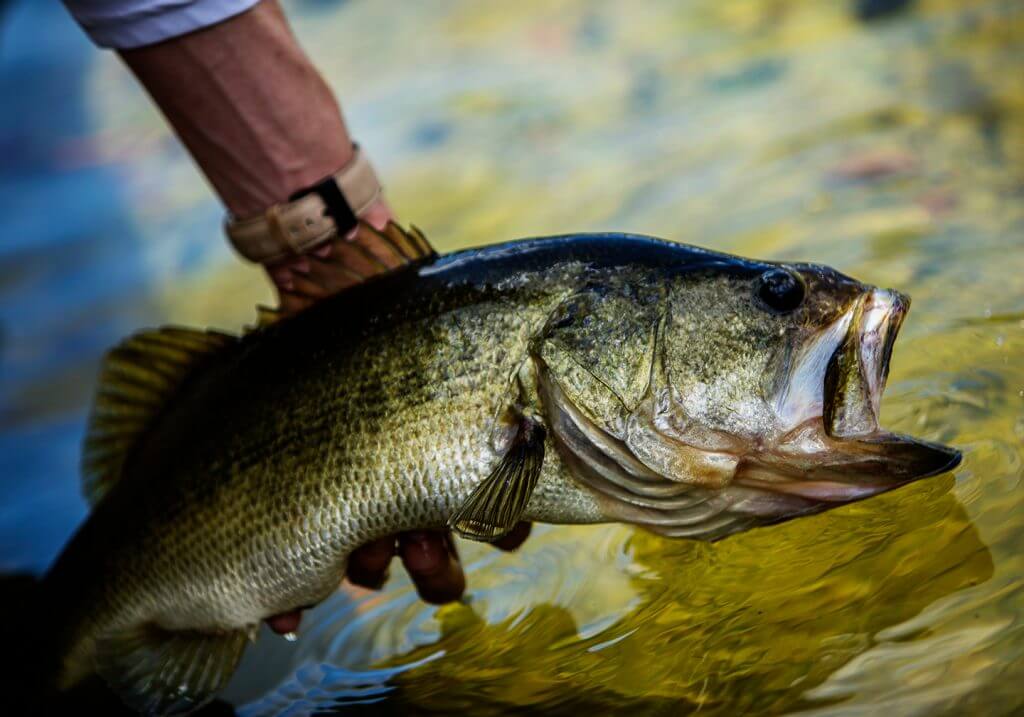
The type of bass you’re targeting can influence your gear choices and fishing techniques. Here’s what you need to know: